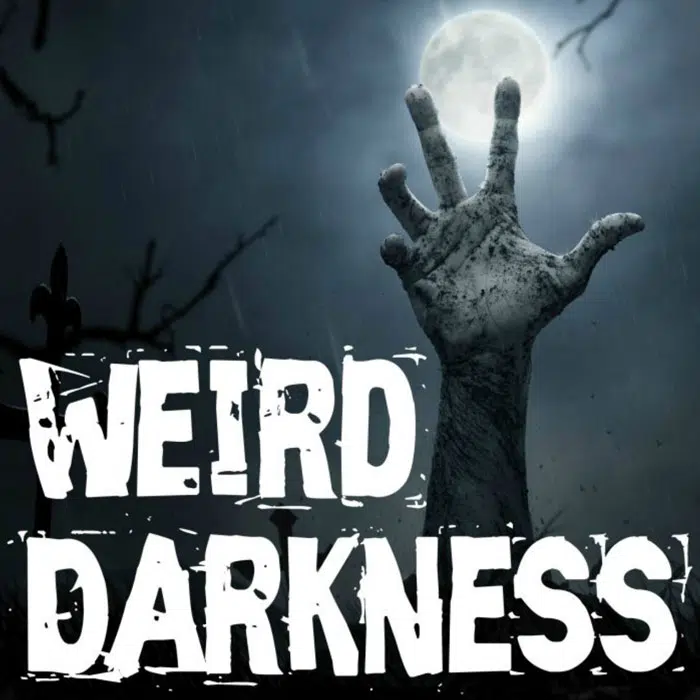By Sarah N. Lynch
WASHINGTON (Reuters) -The Justice Department on Wednesday released under court order a 2019 memo in which two top officials advised then-Attorney General William Barr not to charge then-President Donald Trump with obstructing Special Counsel Robert Mueller’s investigation into Russian interference in the 2016 U.S. election.
Barr’s decision to clear Trump of obstruction charges sparked criticism at the time by many Democrats as well as some former Justice Department attorneys, who accused the top U.S. law enforcement official of protecting his boss.
Although parts of the memo previously had been made public, the Justice Department had redacted other portions. A federal appeals court in Washington last week ruled that the Justice Department had improperly redacted the memo and ordered its release. The ruling came after the Citizens for Responsibility and Ethics in Washington (CREW), a government watchdog group, sued to challenge the redactions.
“The memo presents a breathtakingly generous view of the law and facts for Donald Trump,” CREW said in a statement. “Among many other problems, it is premised on the fact that there was no underlying criminal conduct, which is not what Mueller found, and waives its hand at there being no exact precedent to compare it to.”
Mueller, appointed by the Justice Department, released a 448-page report outlining the results of his inquiry. Mueller documented Russia’s 2016 election interference to sow discord in the United States, boost Trump’s chances and disparage his Democratic opponent Clinton.
The special counsel detailed numerous contacts between Trump campaign figures and Russians. Mueller’s report did not accuse Trump or his campaign of a criminal conspiracy with Russia, but nor did it exonerate Trump of committing obstruction of justice in trying to impede the investigation. Barr subsequently cleared Trump of obstruction.
After reading Mueller’s report, Barr decided it was up to him to make his own charging decision, and he sought input from the former head of the Office of Legal Counsel and another top department official.
In the now-released March 24, 2019 memo, they laid out reasons why they felt that Mueller’s report did not provide sufficient evidence to justify charging Trump with obstruction of justice. Barr then decided to release his own summary of Mueller’s findings, which critics said improperly provided a one-sided narrative beneficial to Trump.
The memo also said that charging Trump with obstruction would be problematic because the entire first section of Mueller’s report did not find sufficient evidence that Trump or any member of his campaign had illegally conspired with Russia.
“Given that conclusion, the evidence does not establish a crime or criminal conspiracy involving the President toward which any obstruction or attempted obstruction by the President was directed,” the memo concludes.
Barr also faced criticism from U.S. District Judge Amy Berman Jackson, who first ordered the department to release the memo, after she concluded he had been “disingenuous” in the way he described Mueller’s findings to the public when he issued his own summary of the special counsel’s findings ahead of the full public report.
(Reporting by Sarah N. Lynch; Editing by Will Dunham)






